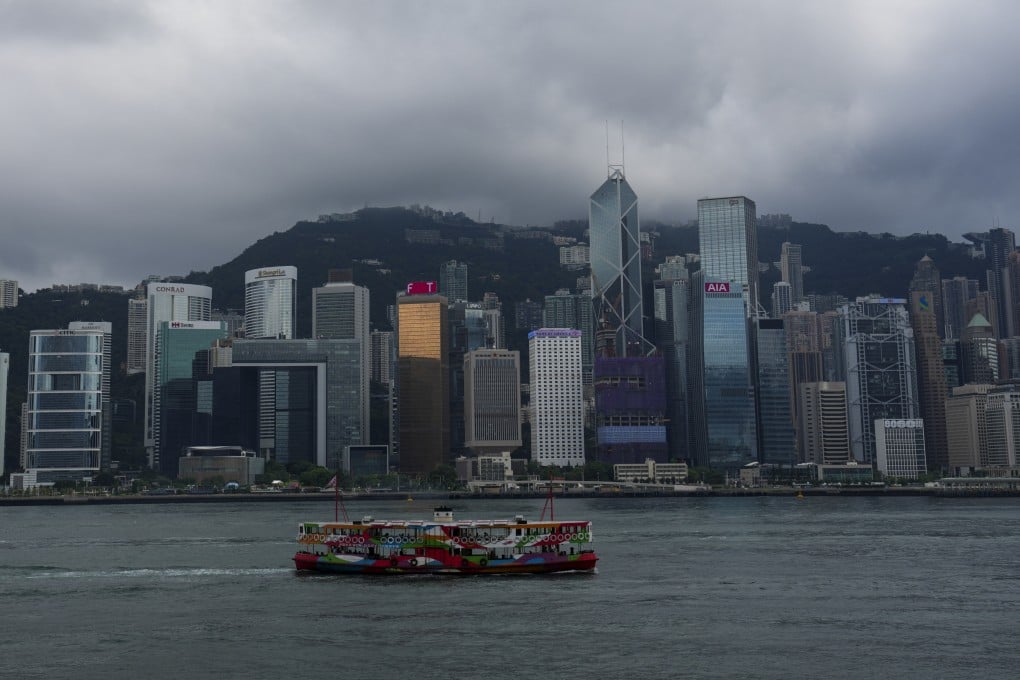Longer visas for Hong Kong visits a ‘catalyst’ for producing world-class science and tech hubs, experts say
- Outstanding researchers in Beijing and Shanghai among those set to benefit from policies announced on Sunday by National Immigration Administration
- From May 6, they can apply for multi‑entry visas ranging in length from one to five years for stays in Hong Kong and Macau of up to 30 days each time

Outstanding researchers in science and technology, innovation, and education in Beijing and Shanghai are among those set to benefit from policies announced by the National Immigration Administration on Sunday that aim to boost cross-border collaboration.
From May 6, they can apply for multi‑entry visas ranging in length from one to five years for stays in Hong Kong and Macau of up to 30 days each time, longer than the normal seven-day period for other types of exit endorsements.
A multi‑entry visa pilot scheme implemented in February last year applies to talent only in the bay area, a central government blueprint to turn Hong Kong, Macau and nine cities in neighbouring Guangdong province into a hi-tech and economic powerhouse.
Lawmaker William Wong Kam-fai, also a veteran engineering scholar at the Chinese University of Hong Kong, said it could take two to three months for first-time applicants in Beijing and Shanghai to go through procedures needed by their working unit and local authorities before getting a seven-day business visa to the city.
“The policy change will significantly simplify the process, motivating leading mainland scholars to make their trips to Hong Kong more often,” he said on Monday.
“This will serve as an effective catalyst in enhancing the interconnectivity among China’s major innovation clusters.”
According to the Global Innovation Index, published last September by the Geneva-headquartered World Intellectual Property Organisation, China has three of the five biggest science and technology clusters.
